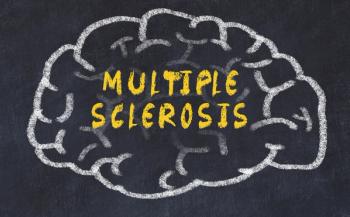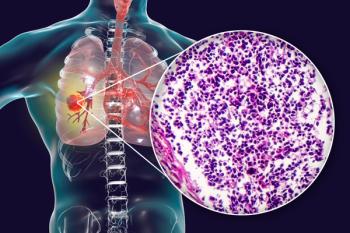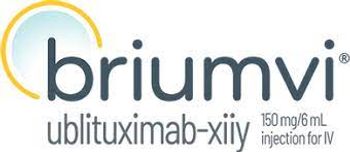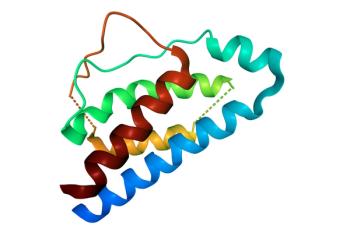
Rosanna Sutherby, Pharm.D.
Articles by Rosanna Sutherby, Pharm.D.


A European study shows that almost 1 in 5 of those with chronic skin conditions felt they were looked at with disgust.

Two drugs that target the c-MET protein are in phase 3 trials.

Progressive multifocal leukoencephalopathy (PML) is caused by John Cunningham virus (JCV). A recently published study suggests that the number of cases of PML related to Tysabri (natalizumab) have been decreasing perhaps as a result of increased monitoring.

Authors of a recent review express that ferroptosis inhibition may be a promising pathway for treating and preventing male reproductive disorders.

The similarity of symptoms means children already diagnosed with atopic dermatitis may not receive patch testing for allergic contact dermatitis, resulting in underdiagnosis of the comorbidity, say the authors of a study published in the Journal of the American Academy of Dermatology.

In a clinical trial, researchers found that the risk of retinopathy of prematurity (ROP) was reduced by 50% in infants who received fatty acid supplementation.

An HHS Office of Inspector General report found that 23% were missing viral load tests, 11% were missing antiretrovials prescriptions, and 10% were missing medical visits

The reduced relapse rate among postmenopausal women could be due to diminished immune system activity, according to the authors.

Swoop, a New York-based company, has launched an algorithm that may help people with multiple sclerosis take medications as prescribed.


Research has shown that patients with inflammatory bowel disease, including ulcerative colitis, treated with TNF-alpha blockers have a lower antibody response and a shorter duration of immunity than those who receive integrin receptor antagonists, such as Entyvio (vedolizumab), or no medication at all.

In an observational cohort study published in the September 2023 issue of The Lancet, Jiangwei Sun, Ph.D., from the Karolinska Institutet in Stockholm, Sweden, and his colleagues compared statin users with non-statin users to determine the risk of colorectal cancer in patients with IBD.

Although Aduhelm stumbled, Leqembi has received full FDA approval, and Eli Lilly has reported positive results for donanemab.

In a study recently published in Neurology, researchers investigated the relationship between early treatment and the risk for long-term disability in patients with clinically isolated syndrome.

About 20% to 30% of patients with ulcerative colitis will experience acute severe ulcerative colitis in their lifetime.


Ibudilast is a small molecule being developed by biopharmaceutical company MediciNova for the potential treatment of MS. The company, based in La Jolla, California, is currently calling the oral formulation MN-166.

Selective estrogen receptor degraders are vying to join aromatase inhibitors and selective estrogen receptor modulators as therapy after the initial treatment of breast cancer.



A small, open-label study seeds the idea that IL-2 in low doses might be another avenue for treating ulcerative colitis. Low doses may bolster anti-inflammatory T regulatory cells (Tregs) that are believed to lack sufficient expansion in the disease.


The approval of Mounjaro (tirzepatide) for weight loss could be a tipping point for weight-loss drugs.

Ocaliva and resmetirom may be approved by the FDA this year.

Findings by Swedish team of investigators could help identify biomarkers that would predict the response to treatments.

Merck and Sanofi’s Bruton tyrosine kinase inhibitors were dealt setbacks when the FDA put partial clinical holds on their development because of liver toxicity issues.

Chronic prescription opioid use is common among a sizable minority of veterans with MS, according to a recent study.


Plans call for 12 sites and two advisory boards.
